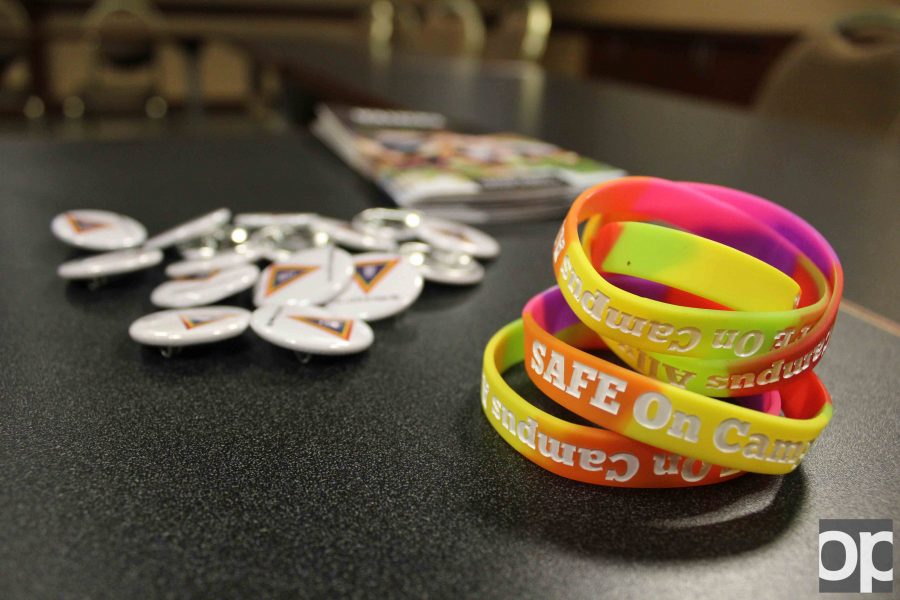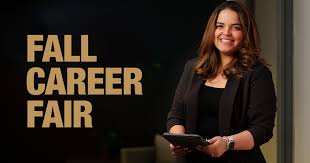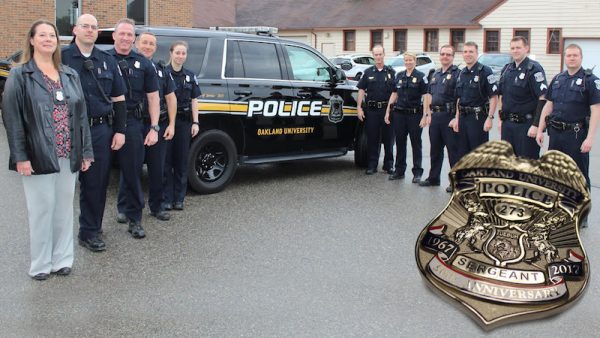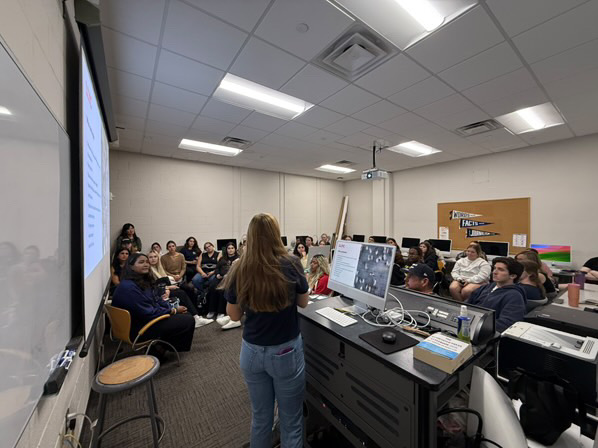The Gender and Sexuality Center offers monthly “SAFE on Campus” training
The Gender and Sexuality Center offers a program called Students, Administrators and Faculty for Equality on Campus.
SAFE on Campus has been a program at Oakland University since 2003. As the program is reaching its 14th year, it has supported the LGBTQIA+ community by providing on-campus training.
SAFE on Campus has introductory- and advanced-level training, and each session ranges from 45 to 60 minutes long. The introductory level includes group activities and information on LGBT terminology, how to make referrals, on-campus resources and the role of an ally.
Advanced training is only taught to people who have completed introductory training within the past two years. The training is more extensive and discusses social justice theories of being an ally, focusing more on unrecognized identities.
GSC coordinator Grace Wojcik said SAFE on Campus helps OU maintain a good campus culture.
“We have a pretty large LGBT+ population on campus,” she said. “It’s pretty important for folks to have a basic understanding in terms of working with students, but it’s also so they can work with and relate to faculty and staff, as well.”
As coordinator since 2011, Wojcik facilitates programs and events, and is the main facilitator and organizer of SAFE on Campus.
While the training sessions have facilitators leading discussions and activities, students are allowed to ask questions about anything throughout the training.
“If they have questions maybe about a particular situation they’ve experienced in the past, about a potential situation or just clarification,” Wojcik said, “We can steer the conversation into those directions.”
The GSC has offered introductory and advanced training sessions once a month for the last two years.
SAFE on Campus is one of the many programs the GSC provides. The GSC’s goal is to positively represent the LGBT community, as well as offer support and resources to all OU community members.
The GSC offers free safer-sex materials, healthy relationship advice, on- and off-campus resources and information on LGBT topics and needs, as well as information on sexual health and well-being. The center also provides peer mentoring and a lending library.
Morgan Shaw-Andrade, a senior studying biology, said SAFE on Campus training opened his eyes to new things.
“I have taken introductory SAFE on Campus training,” he said. “During training, we go over basic terminology and explain gender and sexuality as a spectrum, with some individuals being completely off the spectrum in cases of asexuality or agender. It was a wonderful experience that is extremely informative.”
Shaw-Andrade thinks programs like SAFE on Campus are necessary on college campuses.
“Regardless of who you are or whether you’re a part of the [LGBT] community, it’s essential we learn about the individuals around us,” he said. “I’m a man that stresses the ideology of infinite learning, and I strongly believe we all have grey areas in our understanding that need to be addressed.”
“We’re called a community for a reason, and as a community, we support each other,” he said. “This is one of the small, yet impactful ways we can support each other.”






